
Julianne Andrews, MBA, CFP, shares her expertise in a conversation with Medical Economics.

Julianne Andrews, MBA, CFP, shares her expertise in a conversation with Medical Economics.

Survey shows that most people favor Medicare expansion and have had a surprise medical bill.

A combo of in-person and virtual visits is here to stay.

Mandating vaccinations for employees comes with risks you must consider.
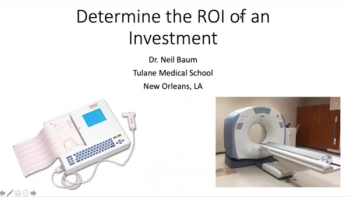
Determining ROI is crucial to figuring out whether a purchase or investment is worth it financially.

3 steps on the road to better patient outcomes

Follow all the procedures to make sure you don’t run afoul of the law.
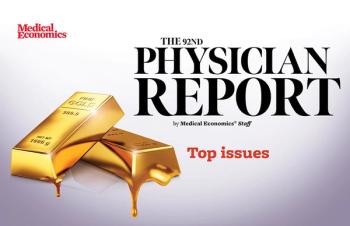
The 92nd annual report includes data on physician salaries, productivity, malpractice rates and more.
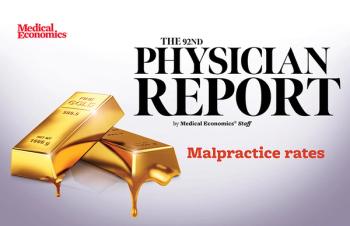
Malpractices rates across the country according to multiple variables.
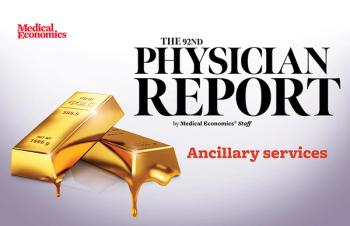
What ancillary revenue opportunities are physicians using in their practices?
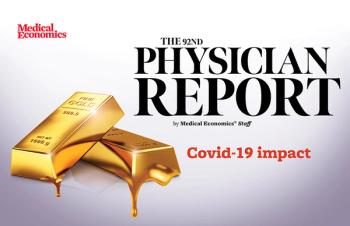
How the pandemic impacted medical practices, according to our exclusive data.

Focus on these five things to stay ahead of the competition.

Exclusive data on productivity and work hours for physicians in 2021.
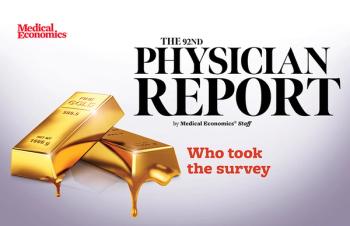
Demographic data on survey participants.

Follow all the guidelines to avoid hefty fines.

Physicians who institute best practices bring in more revenue and profit than those who do not, and this can be the difference between being successful and being out of business.
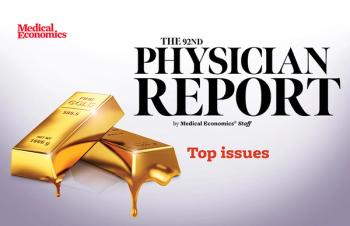
What physicians say are the biggest issues facing the profession.

The paper also addresses the role of a healing community from an ethics perspective.
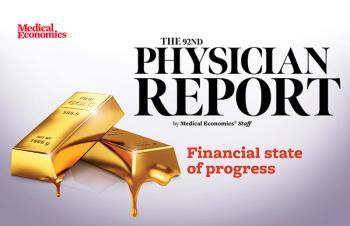
Exclusive data on the financial state of medical practices in 2021.
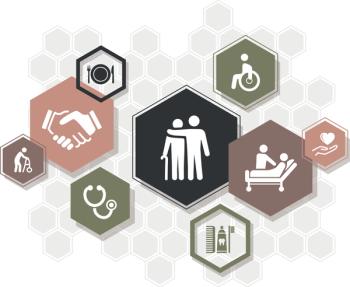
Combined, these efforts encourage active participation in the care process and drive sustained behavior change.

Happy, healthy patients result in a financially stable practice.

Patient satisfaction is key to running a successful medical business.

A fundamental reason why hospitals consistently fall short on readmissions is a failure to empower and educate patients.
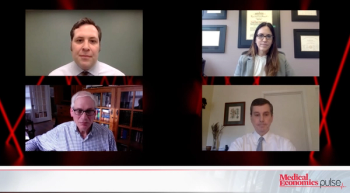
Three physicians discuss why they transitioned their practice to concierge, and how it helped them weather the financial challenges of COVID-19.

The pandemic has changed the way many patients want to communicate with their physicians.